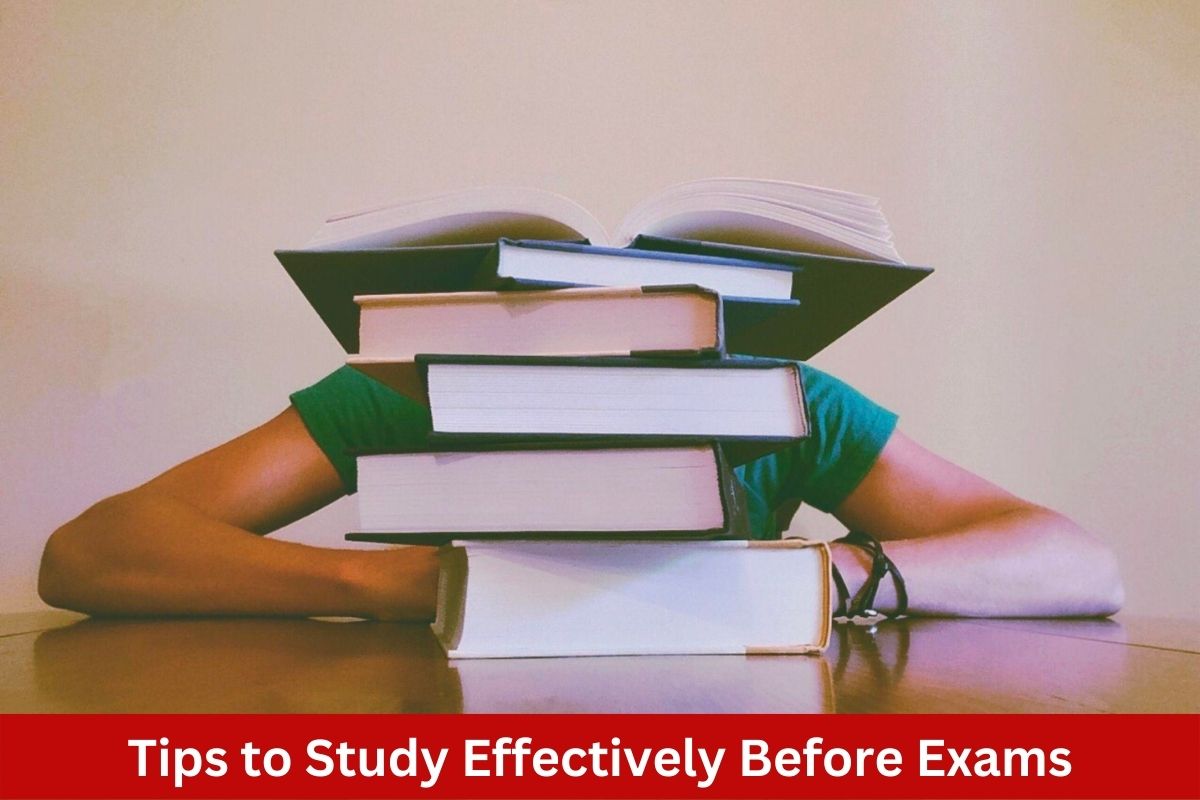Each of us has faced the threat of an upcoming exam and has been overwhelmed by stress. And yet, this does not need to be the case. The truth of the matter is that following a structured plan and adding a pinch of discipline can go a long way in reducing stress while allowing students to achieve excellent results. Productivity software and tools have come a long way in the past decade. So much so that parents and students can set up electronic timetables, to-do lists, and even monitoring software that blocks unwanted distractions from IoT devices such as PCs, phones, and tablets.
Implementing software like Blocksite.co, helps students focus during scheduled homework and study times because it shows parents how to block yourself from a website when needed.
While IoT device governance is certainly a key factor to reduce disruptions, there are other tips and tricks that can be applied to facilitate effective study habits, and we will discuss them here.
Know what is expected
The first, perhaps most important, part of preparing for any examination, is to have a clear understanding of what is expected by the assessor. Students need to understand which parts of the material they need to master in order to achieve great marks in any related assessment.
It may be possible to waste many hours studying irrelevant topics without this clear understanding, leaving less time for topics that matter.
Build a Milestone-Based Study Plan
In any endeavor or project planning should take precedence over action. So many students waste their time while studying because they don’t have a clear plan on how to approach and divide the information they are studying.
Students who want to succeed need to plan how they will be spending their study time. By setting up a timetable they know exactly how much time they have to spend on each subject each day.
Honor the Study Plan
By keeping the Study Plane schedule, they are guaranteed to maximize learning and minimize procrastination. A study plan should include ample rest periods too. It is difficult, for even the most seasoned student to study nonstop without taking scheduled breaks.
Study in Short Bursts
How many breaks should be built into the study plan?
One effective method of gauging the study-to-rest ratio is by implementing the Pomodoro Technique. This technique dictates that students should study in short bursts of 25min at a time with small break intervals of five to fifteen minutes.
This not only provides enough rest in-between concentration sessions but also promotes a better mood since the student is not overwhelmed and tired after the first two hours of studying.
Rely on Understanding and not Memory
According to Bloom’s Taxonomy, the application of concepts is preceded by the actual understanding of those concepts. If a student only strives to memorize information, they will be disappointed by the realization that they will have no ability to apply the information that they have been stuffing into their brain during various hours of studying. Long-term application and recall of information must be preceded by understanding.
Students should aim to understand the information they are studying, rather than memorizing it. This is even true for subjects that are predominantly theory-based and require “On-Point” fact recollection.
In Conclusion
In order to study any new topic, it is crucial that the student clearly understands what part of the subject matter they do not understand. This allows the student to fill the gaps and reduce time wasted on topics that they have a firm grasp of.
Singling out a single one of these tips and tricks will unfortunately not deliver results by themselves. Each of these skills for part of an ecosystem of behavioral mechanisms that aim to address shortfalls that are common to students, who struggle with studying.
Most students need all the help and support they can receive to excel in their area of study. Parents can further assist their children by implementing software tools that schedule or even block, access to IoT devices during dedicated study times.
